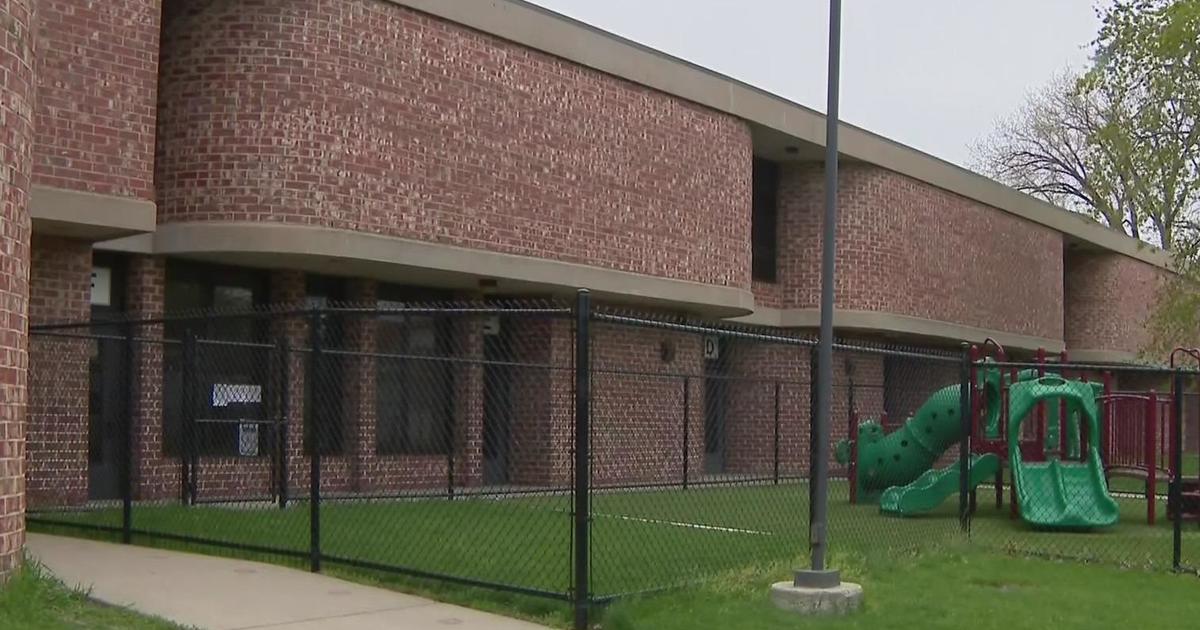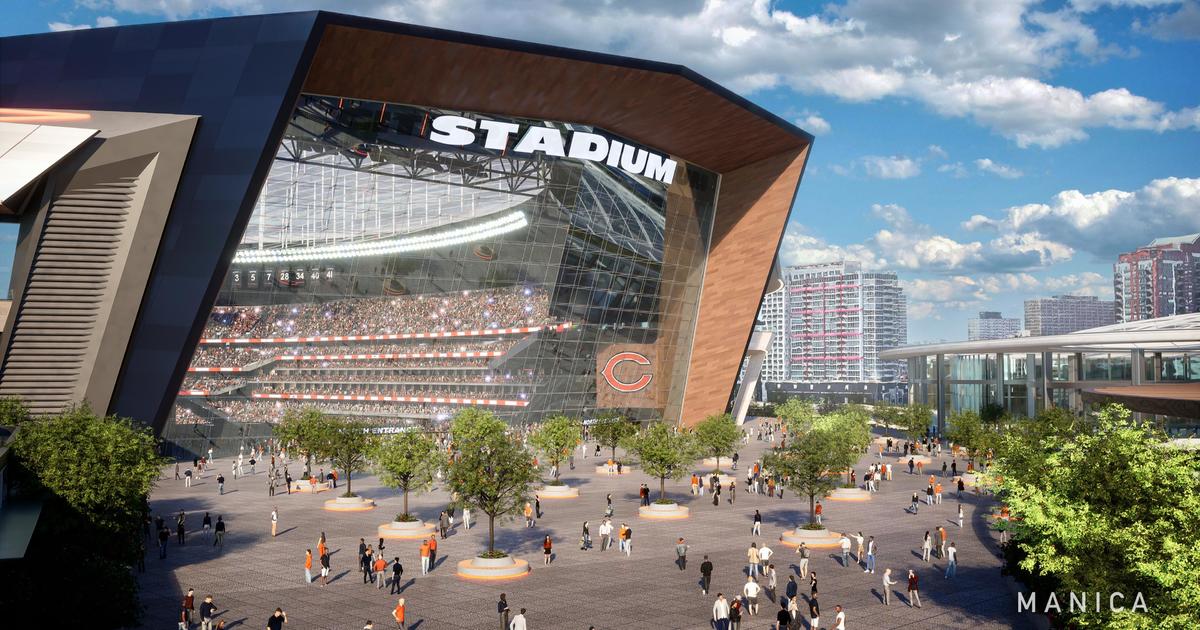Chicago Competing With Hammond To Supply Joliet With Drinking Water From Lake Michigan
CHICAGO (CBS) -- Chicago aldermen gave preliminary approval on Monday to a proposal to provide drinking water from Lake Michigan to southwest suburban Joliet, in a deal that could bring in tens of millions of dollars in new revenue if Joliet chooses Chicago over Hammond.
With the aquifer that supplies Joliet's drinking water expected to dry up by 2030, the suburb is in talks with both the city of Chicago and the city of Hammond to provide water from Lake Michigan.
On Monday, the City Council Finance Committee unanimously approved a preliminary agreement with Joliet to tap into the Chicago's water supply.
Chicago Chief Financial Officer Jennie Huang Bennett said, should Joliet choose Chicago as its source of lake water, the agreement would require construction of additional infrastructure a the city's Southwest Pumping Station next to Durkin Park in the Scottsdale neighborhood, as well as a 31-mile pipeline.
Bennett said Joliet would be responsible for paying for the entire $592 million to $810 million cost of construction, which would take approximately two years. Bennett said the city and Joliet also are negotiating details of improvements to Durkin Park, such as converting the baseball diamond into a new soccer field, or potentially even replacing the park altogether.
The proposed agreement with Joliet allows for two options; one that would provide approximately 31 million gallons of water per day for residents and businesses in Joliet, and another that would provide approximately 60 million gallons a day for Joliet and several surrounding areas that also currently rely on well water.
Chicago would then charge Joliet customers based on the cost of providing service. Bennett said the agreement would provide nearly $30 million a year in revenue for Chicago.
Hammond also is competing to sell Joliet Lake Michigan water. Although Bennett did not provide details of Hammond's bid, according to published reports, the proposal would require construction of a 48-mile pipeline and a filtration plant in Joliet.
The Hammond proposal would cost Joliet approximately $1.2 billion, but unlike the Chicago proposal, would allow Joliet to set its own rates to supply water to customers, as well as provide a source of jobs for Joliet residents at the water filtration plant.
"We recognize that the water supply industry is very competitive, but we believe that the city of Chicago offers Joliet several advantages," Bennett said.
For example, she said Chicago operates the #1 and #8 largest water treatment plants in the world, supplies drinking water to more than 5 million customers in more than 120 communities in the city and suburbs, and has won seven awards for water quality over the last 19 years.
"The choice to buy water from Chicago is not just about treated water, but it's about the institution and the expertise that the Department of Water Management and the city of Chicago can provide," she said.
Bennett said Joliet is expected to make its final decision next month. If Joliet chooses Chicago, the City Council would have to sign off on a final agreement next year, with design of the Chicago pipeline expected to last from 2022 to 2024, construction to begin in 2025, and water to begin flowing through the pipeline in 2030.
The city is looking at a 50-year contract with Joliet, with 10-year renewals thereafter if Chicago is chosen as Joliet's water supplier.
The City Council is expected to vote on the preliminary agreement with Joliet on Wednesday. Another vote would be needed for a final agreement if Joliet opts for Chicago over Hammond.
Also From CBS Chicago:
- Man Found Shot To Death When Police Conduct Well-Being Check In Washington Park Neighborhood Home
- Woman Finally Gets Job After 10 Months, But Is Now Being Ordered To Pay State $31,000 Back -- And Blames Fraud
- Man Charged With Crashing Into Two Cook County Sheriff's Police Cars On Eisenhower, Attempting To Flee Scene



